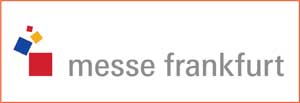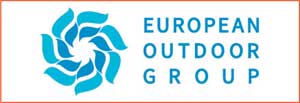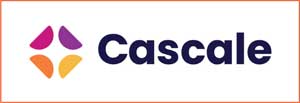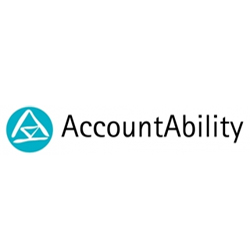 AA1000 Standards
AA1000 Standards
AA1000 are a set of three free to use standards that have been developed to improve the accountability, reporting and overall sustainability performance of an...
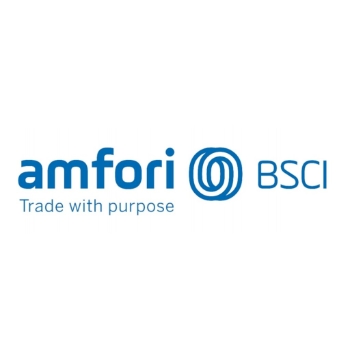 Amfori BSCI
Amfori BSCI
The amfori Business Social Compliance Initiative (BSCI) was originally set up as an initiative of the Foreign Trade Association (now Amfori) to achieve convergence in...
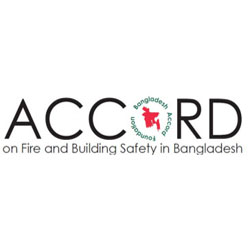 Bangladesh Accord on Fire and Building Safety
Bangladesh Accord on Fire and Building Safety
The Bangladesh Accord on Fire and Building Safety was an agreement designed to make all garment factories in Bangladesh safe workplaces. The Accord agreement included...
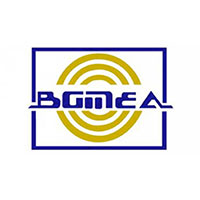 Bangladesh RMG Sustainability Council (RMC)
Bangladesh RMG Sustainability Council (RMC)
In May 2020, the Bangladesh RMG Sustainability Council (RMC) took over all the previous functions of the Bangladesh Accord on Fire and Building safety which was created...
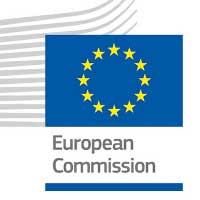 Best Available Techniques (BAT) Reference Document for the Tanning of Hides and Skins
Best Available Techniques (BAT) Reference Document for the Tanning of Hides and Skins
Best Available Techniques (BAT) Reference Document for the Tanning of Hides and Skins provides a review of the Best Available Technology in the Tanning Industry across...
 Bilan Carbone
Bilan Carbone
Bilan Carbone is a methodology developed by the French Agency for Environment and Energy Control (ADEME). It is a useful tool for organisations (company, community or...
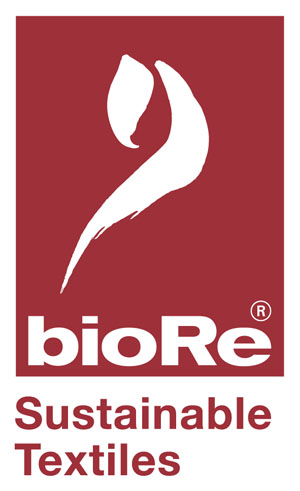 bioRe
bioRe
Updated in 2019, the bioRe label is operated by Swiss-based Remei Foundation, which defines the standards for bioRe Sustainable Cotton and subsequent bioRe Sustainable...
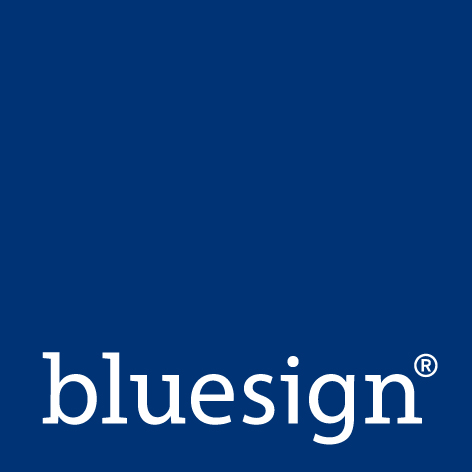 Bluesign Technologies
Bluesign Technologies
Focusing on consumer safety and the environment, the Swiss-based bluesign system examines natural resources and chemicals used in textile production, occupational health...
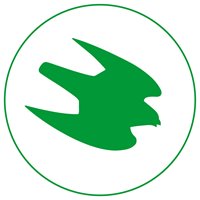 Bra Miljöval
Bra Miljöval
The Bra Miljöval standard was developed by the Swedish Society for Nature Conservation (SSNC) and translates as ‘Good Environmental Choice’ in English. It is...
 BREF IPPC
BREF IPPC
The reference documents on best available techniques (BREF) are a series of documents that reflect an information exchange in the European Union carried out according to...
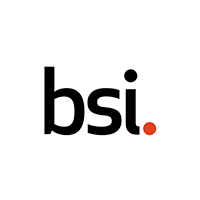 BS 8001: 2017 Circular Economy
BS 8001: 2017 Circular Economy
A framework standard from the British Standards Agency (BSI) for implementing the principles of the circular economy within organisations.
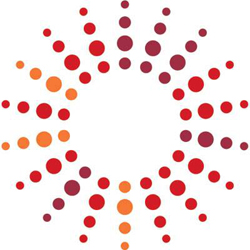 Business for Social Responsibility (BSR) – Water Quality Guidelines
Business for Social Responsibility (BSR) – Water Quality Guidelines
The Water Quality Guidelines (WQG) are voluntary goals set by the non-profit business association, Business for Social Responsibility (BSR). The goal is to improve...
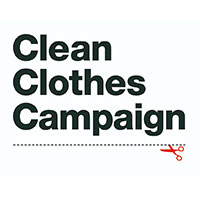 Clean Clothes Campaign
Clean Clothes Campaign
Established in 1989, Clean Clothes Campaign is a global network dedicated to improving working conditions and empowering workers in the global garment and sportswear industries.
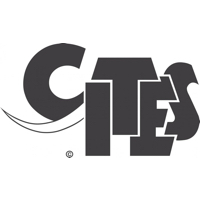 Convention on International Trade in Endangered Species of Wild Fauna and Flora (CITES)
Convention on International Trade in Endangered Species of Wild Fauna and Flora (CITES)
The Convention on International Trade in Endangered Species of Wild Fauna and Flora (CITES) is a voluntary, international agreement between participating governments. It...
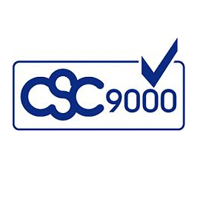 CSC 9000T
CSC 9000T
The standard is based on Chinese laws, regulations and relevant international conventions, and was first launched in 2005 by the China National Textile and Apparel...
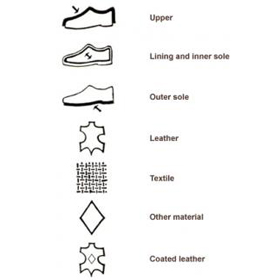 Directive 94/11/EC - Labelling applying to materials used in footwear
Directive 94/11/EC - Labelling applying to materials used in footwear
Directive 94/11/EC is a legal act of the European Union concerning the labelling of materials used in footwear, including parts sold separately. The European Union has...
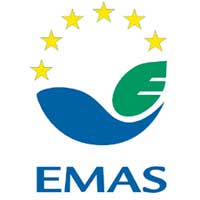 EMAS
EMAS
The EU Eco-Management and Audit Scheme (EMAS) regulation is a management tool for companies and other organisations to evaluate, report and improve their environmental...
 Energy Star
Energy Star
Energy Star is a joint voluntary programme of the US Environmental Protection Agency (EPA) and the U.S. Department of Energy (DOE) that aims to help consumers save money...
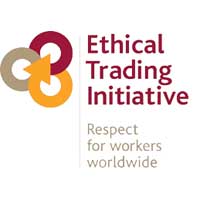 Ethical Trading Initiative
Ethical Trading Initiative
The Ethical Trading Initiative (ETI) is a tripartite multi-stakeholder organisation that aims to protect the rights of workers in supply chains and improve labour...
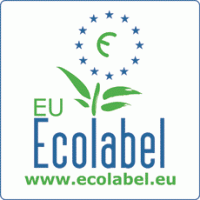 EU Ecolabel:Textiles
EU Ecolabel:Textiles
The European Ecolabel system allows the products of manufacturers, retailers or service providers to carry the distinctive ‘Flower’ label for marketing purposes...
 EU Environmental Compliance Assistance Programme (ECAP)
EU Environmental Compliance Assistance Programme (ECAP)
It is often complicated for small and medium sized businesses to completely comply with environmental legislation and have a comprehensive vision of short and long term...
 EU-JRC End of Waste Criteria
EU-JRC End of Waste Criteria
The European Union’s Thematic Strategy on Prevention and the Recycling of Waste is a long-term strategy which aims to help Europe become a recycling society that...
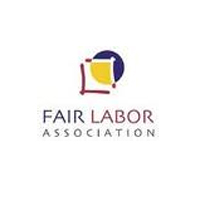 Fair Labor Association
Fair Labor Association
Established in 1999, the US-based Fair Labor Association (FLA) is a collaborative effort of socially responsible companies, universities, governments, labour rights...
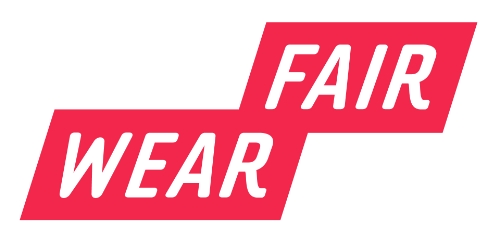 Fair Wear Foundation
Fair Wear Foundation
The Fair Wear Foundation (FWF) is a Netherlands-based NGO, which works with companies in the textile industry to improve labour conditions and examines how brands are...
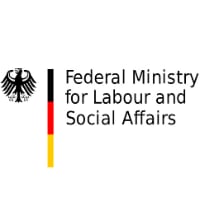 German Supply Chain Due Diligence Act
German Supply Chain Due Diligence Act
The Act on Corporate Due Diligence Obligations in Supply Chains came into force in Germany on January 1st, 2023, and requires that German enterprises to respect human...
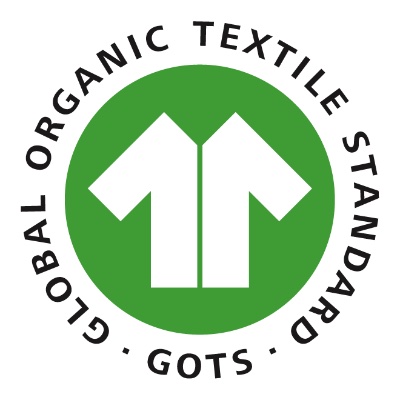 Global Organic Textile Standard (GOTS)
Global Organic Textile Standard (GOTS)
The Global Organic Textile Standard (GOTS) is an international standard for processing certified organic fibres. It encompasses stringent ecological, social, and human...
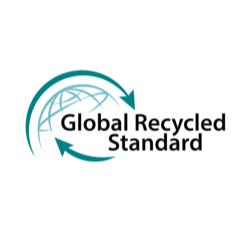 Global Recycled Standard
Global Recycled Standard
The Global Recycled Standard (GRS) addresses input material verification, chain of custody, environmental principles, social requirements, and labelling for textile...
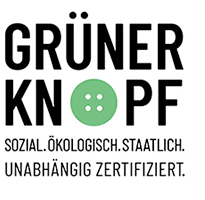 Grüner Knopf
Grüner Knopf
This standard is awarded by the German Federal Ministry for Economic Cooperation and Development (BMZ) to textile manufacturers who have passed certain social and...
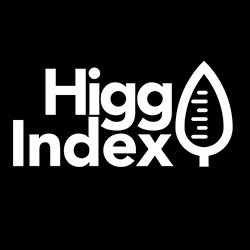 Higg Index
Higg Index
The Higg Index, is a suite of self-assessment tools developed and owned by Cascale that assesses the manufacturing, brand and product impacts of textile and consumer...
 International Labour Organisation
International Labour Organisation
The International Labour Organisation (ILO) campaigns to improve rights at work, encourage decent employment opportunities, enhance social protection and strengthen...
 ISO 14001
ISO 14001
ISO 14001 is a world wide standard of an environmental management system that assists various types of industry organisations to improve their overall environmental performance.
 ISO 20400:2017 Sustainable procurement – guidance
ISO 20400:2017 Sustainable procurement – guidance
BSI (the British Standards Institute) has launched ISO 20400:2017 Sustainable procurement – guidance. Designed to assist organisations to meet their sustainability...
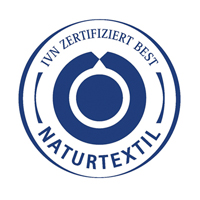 IVN BEST
IVN BEST
IVN is one of four members of the International Working Group for the Global Organic Textiles Standard (GOTS), and also supplies its own standard – the ‘Naturtextil...
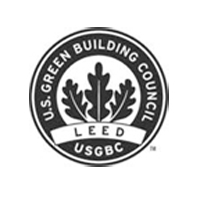 LEED
LEED
LEED, whose name originates from the acronym for Leadership in Energy and Environmental Design, was launched in March 2000 by the US Green Building Council.
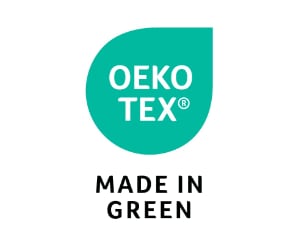 Made in Green by Oeko-Tex
Made in Green by Oeko-Tex
Made in Green by Oeko-Tex is a traceability label for textiles tested for harmful substances and the use of sustainable production practices and technologies...
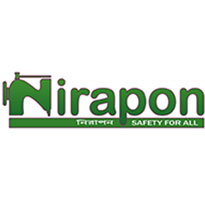 Nirapon
Nirapon
Nirapon is a self-regulatory body that provides factory building and fire safety monitoring, oversight and reporting services in Bangladesh for its members.
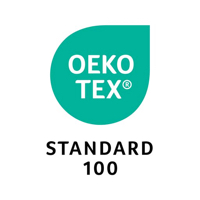 Oeko-Tex 100
Oeko-Tex 100
The Oeko-Tex Standard 100, introduced in 1992, is a global uniform testing and certification system for textile raw materials, intermediate products, and end products at...
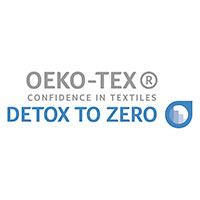 Oeko-Tex Detox to Zero
Oeko-Tex Detox to Zero
Based on the Detox campaign launched by Greenpeace in 2011 (and mothballed in 2019), this tool aims to exclude the 13 potentially hazardous chemicals from textile...
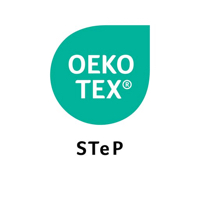 Oeko-Tex Sustainable Textile Production - STeP
Oeko-Tex Sustainable Textile Production - STeP
Sustainable Textile Production (STeP) is an Oeko-Tex certification system for brands, retail companies and manufacturers from the textile chain who want to communicate...
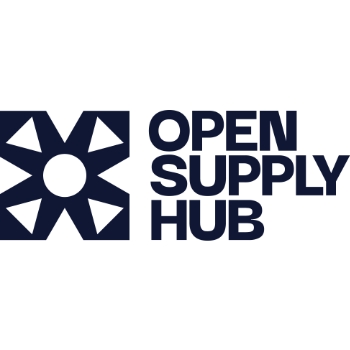 Open Supply Hub
Open Supply Hub
The Open Supply Hub, formerly the Apparel Registry (OAR) until 2022, is a free-to-use online platform that maps consumer goods t manufacturing facilities around the...
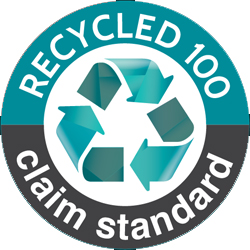 Recycled Claim Standard
Recycled Claim Standard
The Recycled Claim Standard (RCS) is a voluntary standard that tracks recycled raw materials through the supply chain to give credibility to recycled content claims on products.
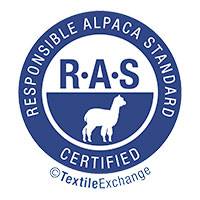 Responsible Alpaca Standard
Responsible Alpaca Standard
The Responsible Alpaca Standard (RAS) is an international, voluntary standard that ensures alpaca wool is responsibly sourced from farmers with high animal welfare standards.
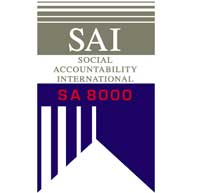 SA8000
SA8000
SA8000 is a widely recognised social certification standard that ensures decent labour conditions and protects the basic human rights of employees across all industrial sectors.
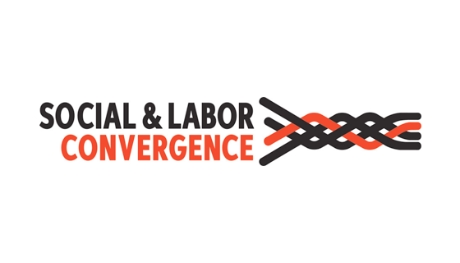 Social & Labor Convergence Program
Social & Labor Convergence Program
The Social & Labor Convergence Program provides the tools to capture accurate data about working conditions in global supply chains. This multi-stakeholder...
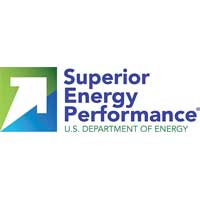 Superior Energy Performance
Superior Energy Performance
Superior Energy Performance is a certification program from the U.S. Council for Energy-Efficient Manufacturing that provides industrial facilities with a roadmap for...
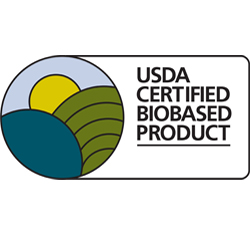 USDA BioPreferred
USDA BioPreferred
The United States Department of Agriculture administers the BioPreferred Program, which was created by the Farm Security and Rural Investment Act of 2002 (FSRIA or...
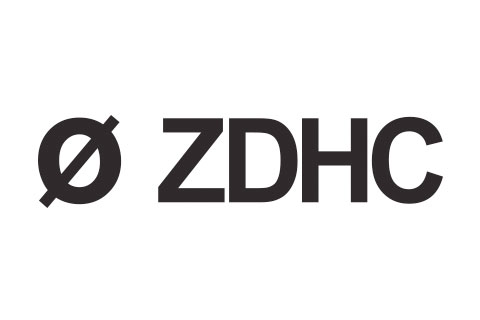 ZDHC - Chemical Gateway
ZDHC - Chemical Gateway
The ZDHC Gateway is a powerful tool and database designed to help eliminate harmful substances from global fashion and footwear supply chains.


